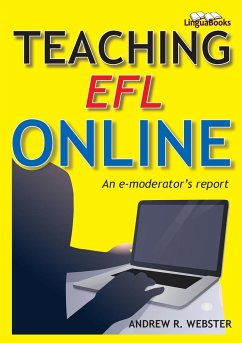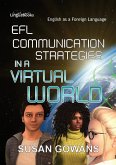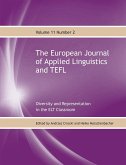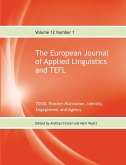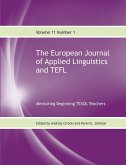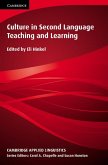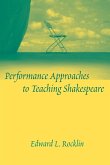Socially distanced learning and online lessons are playing an increasingly important role in the teaching of English as a Foreign or Second Language. Face-to-face teaching is being supplemented or even replaced by video platforms and e-learning solutions and by the targeted exploitation of virtual reality environments. This book explores the role played by the e-moderator in creating and teaching an online course in a virtual world. Combining research and practice, this study details relevant theories of online learning and shows how they are represented through various models, creating a framework to assist the e-moderation process. The result is highly insightful work which uncovers the e-moderator's beliefs and perceptions, revealing not only the complexities, problems, responsibilities and challenges encountered, but also the tremendous rewards that can be gained from e-moderation.
Hinweis: Dieser Artikel kann nur an eine deutsche Lieferadresse ausgeliefert werden.
Hinweis: Dieser Artikel kann nur an eine deutsche Lieferadresse ausgeliefert werden.

